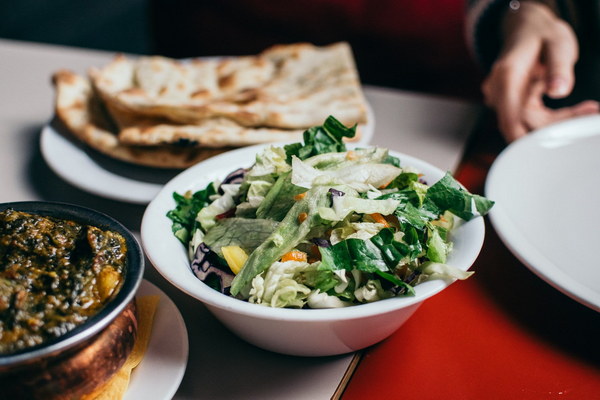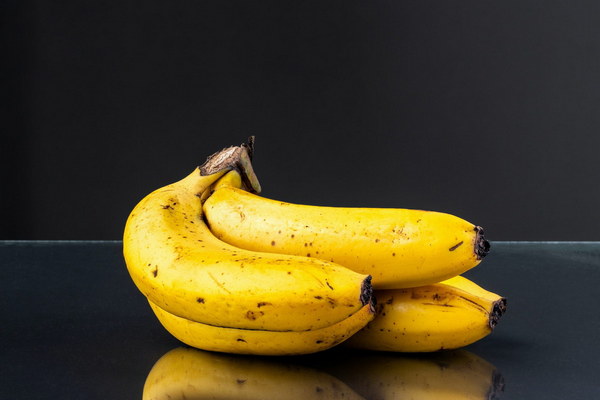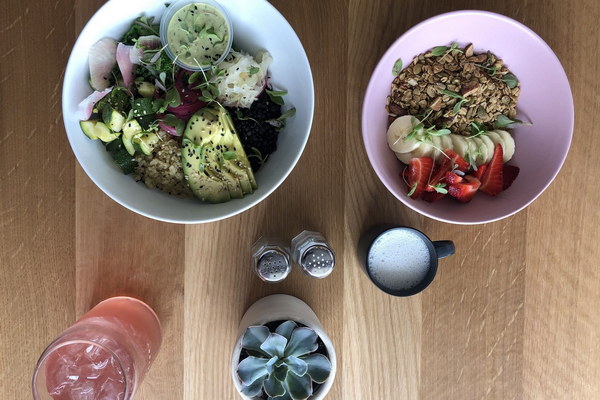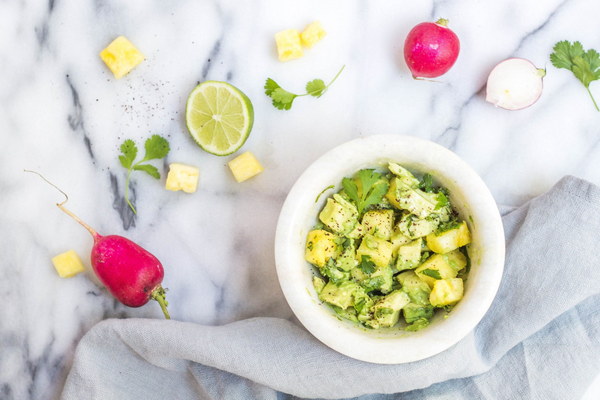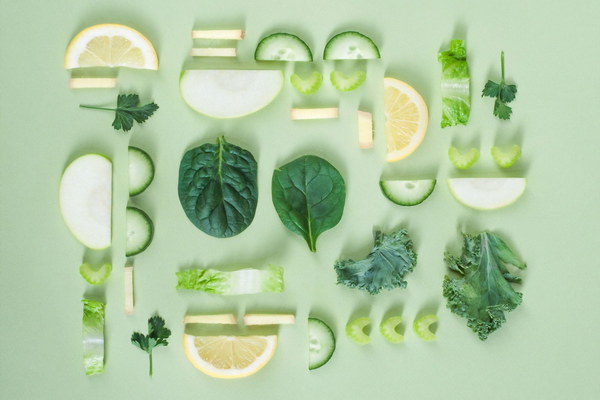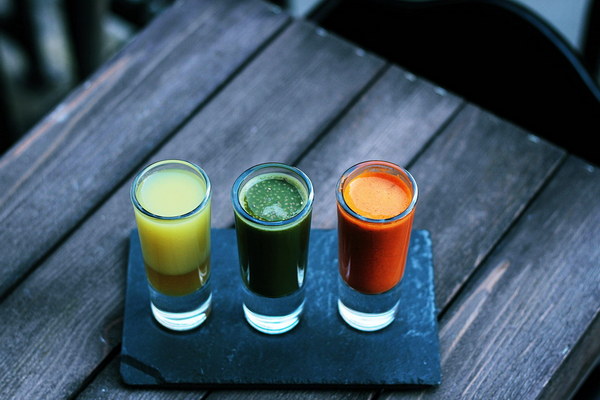Nurturing Your Spleen and Stomach for Cold and Damp Constitution What to Eat
Introduction:
In traditional Chinese medicine, a cold and damp constitution is often associated with various health issues, particularly related to the spleen and stomach. The spleen is responsible for transforming food into nutrients and the stomach for digestion. When these organs are affected by cold and dampness, it can lead to symptoms such as fatigue, bloating, and weight gain. This article will discuss how to nourish your spleen and stomach for a cold and damp constitution and provide suggestions on what foods to consume.
1. Understanding a Cold and Damp Constitution:
A cold and damp constitution refers to a body that is prone to coldness and dampness, which can manifest as a weakened immune system, poor digestion, and various other health issues. Cold and dampness can be caused by factors such as poor diet, exposure to cold weather, and excessive dampness in the environment.
2. Nurturing Your Spleen and Stomach:
To nourish your spleen and stomach for a cold and damp constitution, follow these guidelines:
a. Warmth: Ensure that your diet consists of warm and cooked foods. Avoid cold and raw foods, as they can exacerbate cold and dampness. Warmth is essential for balancing the body's internal environment and supporting the spleen and stomach.
b. Balancing Yin and Yang: Incorporate foods that balance the body's yin and yang energies. Foods that are too cold or too hot can disrupt the balance, so aim for a moderate temperature.
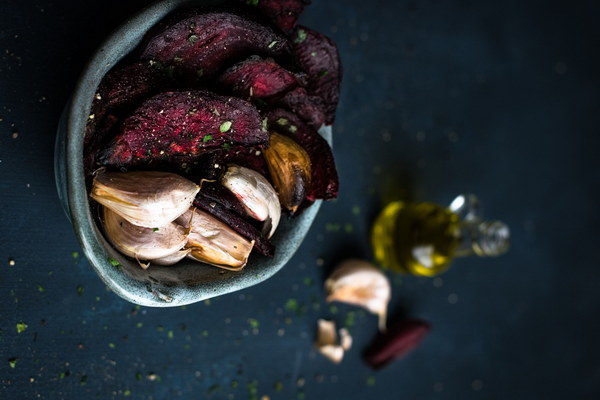
c. Light and Easy to Digest: Opt for light and easy-to-digest foods that won't burden your spleen and stomach. Overeating or consuming heavy, greasy, or spicy foods can lead to indigestion and further imbalance.
3. Foods to Consume:
Here are some foods that are beneficial for nourishing your spleen and stomach for a cold and damp constitution:
a. White Rice: White rice is a staple in traditional Chinese medicine and is considered to be a good food for nourishing the spleen. It is easy to digest and provides warmth to the body.
b. Ginger: Ginger is a powerful herb that helps to expel cold and dampness. It can be consumed in various forms, such as fresh ginger, ginger tea, or as a spice in cooking.
c. Green Onions: Green onions have a warming effect and can help to expel cold and dampness. They are commonly used in Chinese cooking and can be added to soups, stir-fries, and salads.
d. Quinoa: Quinoa is a gluten-free grain that is rich in nutrients and easy to digest. It can be a great alternative to heavier grains like wheat or rice.
e. Apples: Apples have a warming effect and are beneficial for the spleen and stomach. They can be consumed raw or cooked, and are an excellent source of fiber and vitamins.
f. Chicken Soup: Chicken soup is a traditional remedy for cold and flu symptoms. It provides warmth and comfort, and can help to support the immune system and nourish the spleen and stomach.
g. Chinese Herbs: Certain Chinese herbs can be used to nourish the spleen and stomach. Some popular options include Astragalus, Codonopsis, and Licorice.
Conclusion:
By following these guidelines and incorporating the suggested foods into your diet, you can help nourish your spleen and stomach for a cold and damp constitution. Remember, it's essential to make adjustments based on your individual needs and consult with a healthcare professional for personalized advice.

